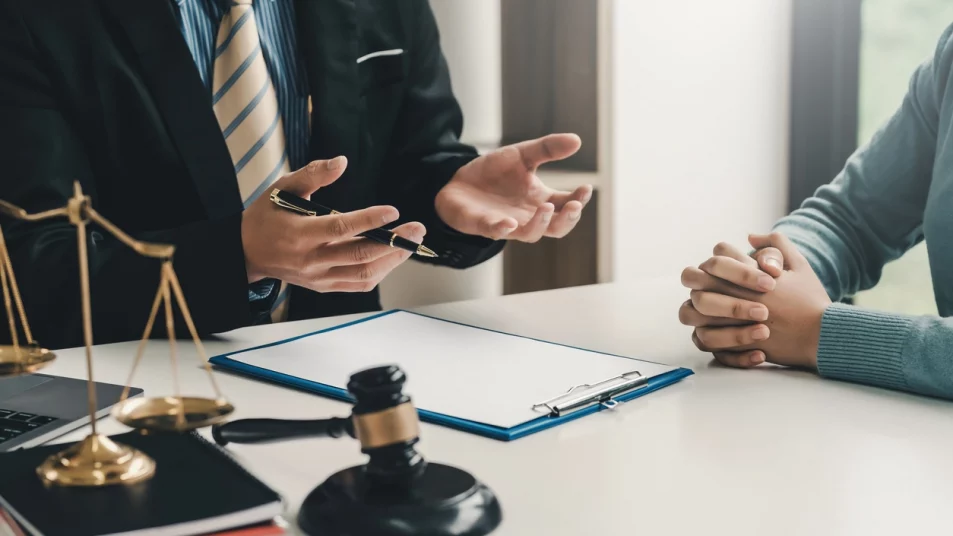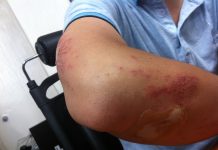Personal injury lawsuits arise when an individual suffers harm from an accident, medical malpractice, a defective product, negligence, or other wrongful conduct. To prove liability and recover compensation, the injured plaintiff must demonstrate that the defendant breached a legal duty owed to the plaintiff which caused the injury. Expert witnesses play a crucial role in personal injury litigation by providing specialized knowledge to help establish key elements of the plaintiff’s case.
Importance of Expert Testimony
Expert testimony is often indispensable in personal injury cases. Many critical issues hinge on scientific, technical, or other specialized information that is beyond the knowledge of laypeople. For example, complex medical questions routinely emerge, such as the extent of a plaintiff’s injuries, whether medical malpractice occurred, or if a defective drug caused harm. Engineers may be needed to assess product defects and explain why a danger existed. Accident reconstruction experts can analyze crash data to determine speeds and pinpoint hazardous conditions. Experts also help calculate economic and noneconomic damages like lost earnings, medical expenses, and pain and suffering. Qualified expert testimony provides the jury with knowledge vital to reaching an informed verdict.
Common Types of Experts
While the types of experts differ depending on the nature of each case, some common examples include:
– Medical Experts – These may include physicians, nurses, therapists, psychologists, and others who can evaluate injuries, diagnose conditions, determine prognosis, establish causation, and address other medical issues. For example, a neurologist may testify about whether a brain injury resulted from an auto accident.
– Accident Reconstruction Experts – Specialists in physics, biomechanics, and engineering who analyze accidents to explain how they occurred and identify responsible parties. For example, experts may use crash data to prove a vehicle defect caused a rollover accident.
– Product Safety/Design Experts – Engineers or other qualified professionals who have expertise with product testing, safety protocols, and design alternatives. They may identify flaws in a consumer product that made it unreasonably hazardous.
– Vocational/Economic Experts – These include vocational rehabilitation counselors, accountants, actuaries, and economists who calculate past and future income losses, impairment of earning capacity, and other economic damages stemming from an injury. For example, an economic expert might analyze how a disability will impact someone’s career.
– Damages Experts – Certain professionals who focus on assessing non-economic damages like pain and suffering through methodologies and models. For example, psychiatric specialists may analyze emotional distress claims.
Expert Qualifications
To provide expert testimony, a witness must first be qualified by the court as an expert in their field. Attorneys lay foundation for expertise by eliciting the expert’s qualifications, education, training, skills, and experience. The expert’s knowledge and methods must exhibit a sufficient level of reliability. Parties may challenge experts before trial through Daubert motions which scrutinize the witness’s credentials, bases for opinions, and the scientific validity of methods used. Experts must utilize techniques that are generally accepted in their field and withstand peer review. Courts strive to ensure any expert opinions offered to the jury are trustworthy and grounded in more than just subjective belief.
Why Experts Are Critical
In personal injury litigation, it is not enough for plaintiffs to offer speculative opinions that their injuries might be connected to the defendant’s conduct. Expert analysis eliminates guesswork by providing scientific proof based on facts, data, accepted methodologies, and the expert’s specialized skill and training. Through detailed expert testimony, the plaintiff can establish the applicable standard of care, show how the defendant failed to meet it, and prove both causation and the full extent of damages claimed – all necessary elements for the jury to hold the defendant liable and deliver a plaintiff’s verdict. Reliable expert opinions thereby transform an abstract allegation into a compelling, well-supported claim grounded in expertise.
In summary, expert witnesses enable plaintiffs in personal injury cases to validate their claims with rigorous, specialized analysis needed to prove liability and damages. By educating the jury, experts provide indispensable guidance so factfinders can render informed verdicts rooted in technical and scientific understanding rather than speculation. Both plaintiffs and defense counsel utilize expert testimony extensively at trial because qualified expert opinions supply the sophisticated knowledge critical to achieving just outcomes in complex personal injury litigation.







